Millton Vineyard and Winery
BioGro Number 99
Gisborne winegrower James Millton is one of the country’s organic pioneers, but he refuses to rest on his laurels. He wants to see a future that promises to make his achievements to date pale by comparison: the wholesale conversion of the nation’s wine industry to BioGro certification, which he sees as the most practical business strategy for that industry. In 2012 James was invested at Government House and made a Member of the New Zealand Order of Merit in the 2012 Queen’s Birthday Honours.
I think that for everybody who is involved in organic and biodynamic growing, any form of recognition should be celebrated, because we certainly have an agenda that has to be heard, seen, memorised, taught and spoken to.
If consumers can appreciate what we’re doing, and if politicians, scientists and others can stop and listen to what it is we have to say, then I think that would be the best payment that we could ever have.
Both Annie and myself are not lifestylers or second generation, coming from another occupation trying to find the ideology. I’ve been growing biodynamically for more than three decades in Poverty Bay. I think they think I’m a local now. Mind you they still think I’m mad!
To complement our other offerings, we’ve launched a wine brand called ‘Crazy by Nature.’ In 1984, they thought we were crazy to do what it is that we do, where we do it and how we do it. We’ve spent the last 30+ years proving that they were right. We are crazy. Now, it seems everybody wants to be crazy, and that’s just what this planet needs.
We’re certified as biodynamic (Demeter) and certified as organic (BioGro). It seems to me that the simplest way to get into an export market is with organic certification, because that is quantified. Being certified as biodynamic is one thing, but getting into particular markets is more difficult, hence the need to be organically certified by BioGro.
The integrity of our certification is backed up by the amount of audits BioGro itself has to undertake to achieve international entry.
In my game, which is growing wine, the largest interest is in Europe, America, Japan and Australia. As a result of that, we have to export our product, although our national and local market are the most important to us.
The future must lie in understanding the practice of organics. People need to see that applying healthy stimulants to the soil in the form of compost, and applying air and clean water to clean soil, is the natural pathway to correct farming. As practitioners we have to learn the speak of science and politics, so that we can voice our opinions in the language that they understand. Most important, however, is the need to understand the callings of Mother Nature and know how to react positively to the windows of opportunity she offers.
I would like our industry governance NZ Winegrowers, to come to an understanding that BioGro’s Organic Standards for winegrowing should be adopted as the standard for the New Zealand wine industry.
Don’t go mucking around to try to come up with some other international certified standard. BioGro’s standards are very profound.

BioGro is a profound and internationally recognised trademark that is accredited by IFOAM and audited by other certifying agencies. It is a trademark that symbolises quality. This trademark is maintained by a group of people who are totally dedicated to what it is that the product stands for.
Our BioGro number is 99. I’ve been around for a fair few years.
‘A BioGro audit is the best business plan anyone can have in order to reflect on the year’s activity and plan for the coming seasonal requirements.’
Every year, I spit and swear at having to renew my BioGro certification. But once I’ve done it, I just have this warmth that flows over me, and I think ‘Wow, that’s a really good retrospective of what I’ve done this last year.’
That’s what I said to BioGro’s CEO the other day. ‘Let’s turn our certification into a retrospective appreciation of what it is we’ve achieved in the last year, and put it in such a format that it can become a document that other people can refer to as a point of reference.’
BioGro is an amazing organisation run by people with good warm hearts. If only this government could realise what BioGro has done for this country in the last years and were able to give some support to it, then BioGro would be in an even better place to promote the riches of our country: innovation, diversity, nutrient-dense foods; and ecological, social, cultural and financial responsibility.
